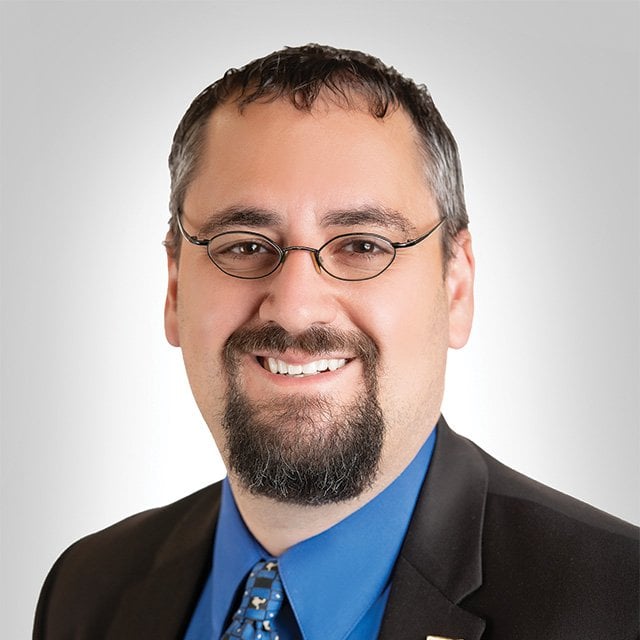Kitces: 3 Types of Client Cash and Where to Park Them

“Maybe we’ll trade into a money market fund. Maybe we’ll trade into an ultra-short-term Treasury fund and try to get a little bit more yield out of Treasurys,” he said.
While advisors and clients might call it a cash position, “we usually shop a little bit more for yield, but we’ll often do it within the investment account because this is dry investment powder. I do want to have it available to invest. So, we shop for yield a little bit differently.”
There’s typically no FDIC protection for this cash allotment, but “that might be because I’m buying a Treasury fund and have the full faith and credit of the United States government instead. So, I typically still want to keep that very secure,” Kitces said. “We’re following what’s the safest, secure, most liquid investment I can buy in an investment realm, not a cash banking realm.”
3. Short- to Medium-Term Savings
Clients should allocate money they’re saving for short- to intermediate-term goals, like weddings or house down payments, to reserve cash, which wouldn’t necessarily sit in an investment account, Kitces said.
Where to put it: “These are the dollars that we often sit in bank accounts, and we shop for yield,” he said. “So, we see a lot of investors that take this and say, ‘I actually want to maximize yield not because I’m trying to find which Treasury fund has the highest yield; it’s because I’m trying to find which bank, or probably these days, which online bank has the highest yield.”
Services like MaxMyInterest are popping up that will shop for yield for customers across multiple banks. “You don’t even have to stay on top of it and move all the money around yourself,” he said.
Advisors have tools like Flourish and StoneCastle that help shop for yields and help spread the money across multiple banks so clients don’t have to worry about the $250,000 FDIC coverage limit ($500,000 for a joint account), he said.
“If this is a big reserve I’m building up … FDIC insurance might start to matter,” Kitces said.




